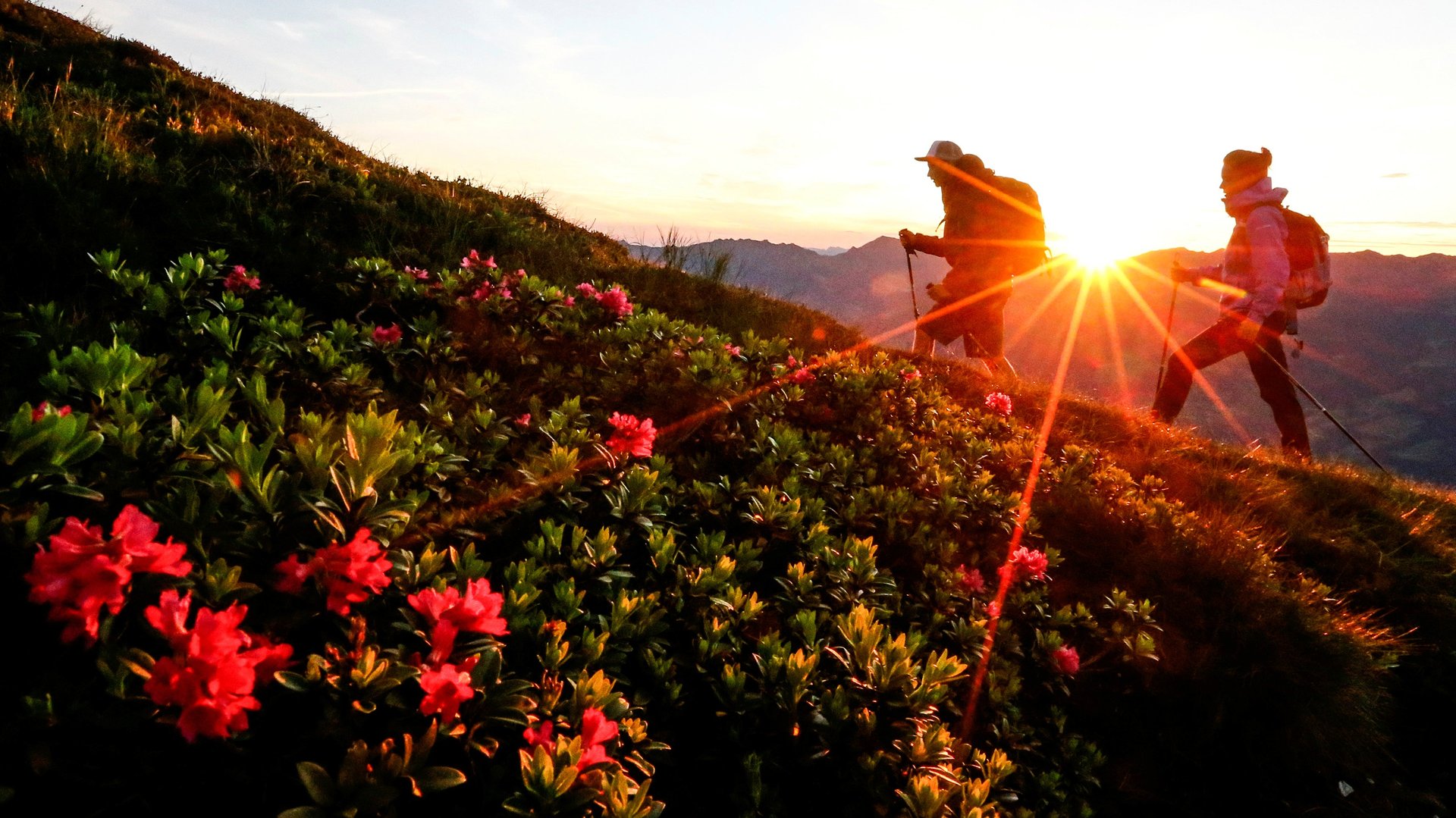Simple ways to stretch out your summer vacation, according to cognitive psychology
Recently, my boyfriend and I completed a one-week road trip from the California Redwoods to Portland, Oregon. When I returned to work and everyone asked how my trip was, rather than responding with the typical “Too fast,” I responded that it was great.


Recently, my boyfriend and I completed a one-week road trip from the California Redwoods to Portland, Oregon. When I returned to work and everyone asked how my trip was, rather than responding with the typical “Too fast,” I responded that it was great.
Lazy, hazy days these were not. We did so much, saw so much, and oh my goodness, ate so much: homemade posole under the stars with friends in Sonoma, fresh-caught Dungeness crabs on the Oregon coast, Roman-style pizza in Portland, and an unhealthy amount of beef jerky on the road. We hiked, swam, paddled, and laughed between mountains, lakes, and beaches.
It felt satisfying, eye-opening, and varied. And it felt long.
According to Marc Wittmann, a psychologist and the author of Felt Time: The Psychology of How We Perceive Time, I was experiencing what he calls “the classic holiday effect.”
“Any interval feels longer if you have more memories stored,” says Wittmann. “If you experience more memorable events, then time stretches.”
It’s not just the quantity but also the quality of the memories you make that help “stretch” out the time, Wittmann explains. “If you’re totally detached from the things that are happening, then you won’t store them,” he says. “Emotion is the glue to your memory.”
That doesn’t mean your vacation need be an emotional roller-coaster, but it does suggest making it more than just a doze by a pool. If you’re fully present in whatever you’re doing, that engaged experience registers as time well-spent. Here are some easy ways to stay in the moment.
Take a road trip, or do something similarly—pleasantly—challenging
One of the reasons our road trip felt so luxuriously long was that even while we were relaxing in the car, we were experiencing a series of new places we’d never been before: What will we find? Will the people be friendly? Will the food be any good?
We were highly engaged with even the little decisions before us: Should we get gas in case there’s nothing between here and Eugene? That’s how we came across the stuffed head of an 850-pound Black Bear and learned that bear hunting in Oregon is still very much a thing—on day one of the 2016 season.
If you’re not into driving, there are other ways to experience the benefits of leaving behind what Wittmann calls “autopilot mode.” A camping trip presents lots of little challenges to keep one engaged, as does any getaway without all the creature comforts of home.
“You’re focused on the present moment and what’s happening right now,” says Wittmann. “Because it’s all important.”
At the less rustic end of the spectrum, you might try a sailboat charter or an outdoor hiking or biking adventure that includes hotel stays. The late media critic David Carr’s story about spending a week on an uninhabited island with limited power beautifully illustrates the benefits of a trip outside our comfort zones.
Keep a travel log
We jotted down a log of what we’d done each day. A sample entry might have looked something like this:
Day 3: Wake up in Ashland, free breakfast at hotel (weird), go back to Antiquarium bookstore (closed), coffee, hit the road —> snack stop between cattle farms —> Crater Lake…lunch and map stop at Rim Village, drive to Mount Scott trailhead—hike one-third up, gorgeous, wildflowers, snow, altitude sickness, back down —> drive rest of rim (forest fire!), Umpqua gas station: today is first day of bear hunting season! drive through Umpqua at dusk, highway to Eugene, try to find hotels and end up in the carriage house at the Campbell House B&B (little strange/expensive but yay, laundry!), walk to beers/burgers/trivia night at Cornucopia, a carpeted dive bar, pass out.
And that was just one day! The feeling of time stretching—as opposed to feeling like another summer vacation has blown by—has everything to do with how we experience our memories, so it helps to hold onto them. For us, that meant spending half an hour at the end of our trip, jotting notes about each day. For someone else, it may be mean printing vacation photos to put on the fridge, or displaying totems from their trip on their desk.
Don’t over-plan
A multi-destination road trip can easily become an exercise in over-planning. But avoid that temptation, Wittman warns.
“Planning also speeds up the passage of time,” he says. “Because there you’re always already in the future. You have this future perspective of your mind, and then you are actually not attending to what is happening right now.”
At the height of August travel season, the advance reservations my boyfriend made for accommodations were necessary—but we still tried to keep our route a little flexible, and our daily plans loose. This left us open to serendipity: We definitely hadn’t made reservations for trivia night at a dive bar in Eugene, Oregon.
But if you’re really looking to stretch out your summer vacation, Wittmann has advice that’s not for the faint of heart: ”Pack your bags or your rucksack, and step out of the door not knowing where to go,” he says. “I always dream of doing something like that!”